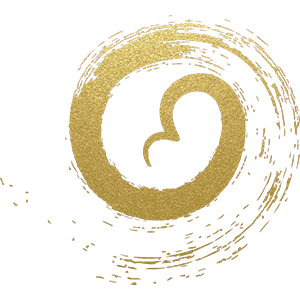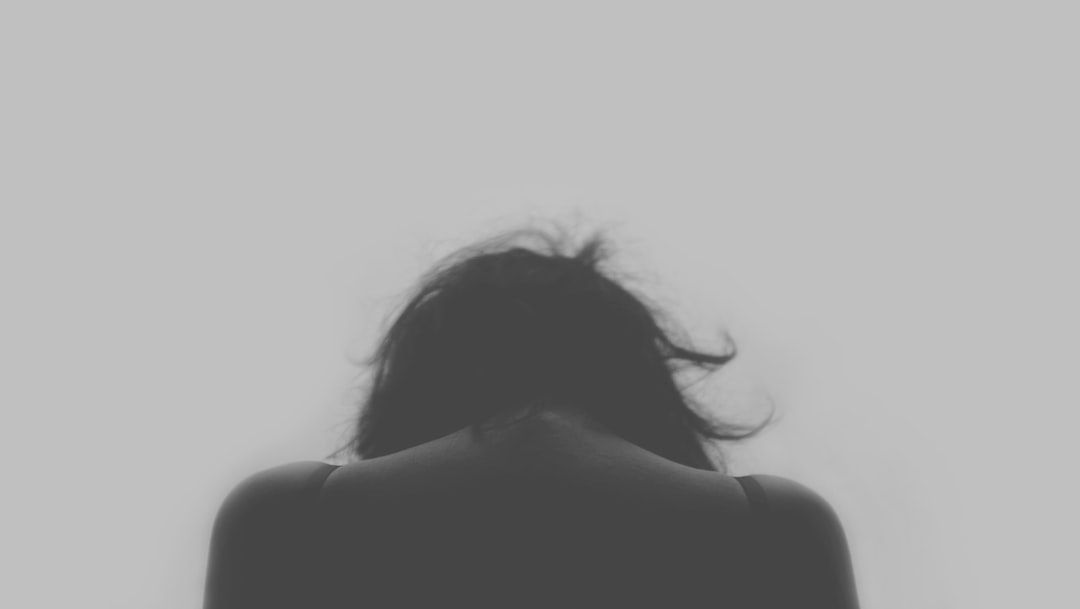Evolutionary Context of Motherhood
Daniela emphasises that human motherhood has always been challenging due to high child mortality rates throughout evolutionary history. Understanding this context can foster compassion rather than judgment.
The Myth of the "Perfect Mother"
Modern societal expectations of mothers as unconditionally loving and self-sacrificing are unrealistic and harmful, setting women up for failure and guilt.
Ambivalence as a Natural Response
Maternal ambivalence isn’t unnatural—it’s a survival mechanism rooted in the precariousness of child-rearing in ancestral environments.
The Impact of Unwantedness
Children who sense they are unwanted or replaceable (e.g., after a sibling’s death) carry deep psychological wounds, even if the ambivalence stems from love or grief.
Generational Trauma and Parenting Styles
Parents who experienced trauma (e.g., racism, genocide, poverty) may impose rigid expectations on their children, believing it’s necessary for survival—even if it’s emotionally damaging.
Social Learning and Cycle of Abuse
Humans rely heavily on social learning, meaning children often replicate the parenting styles they experienced—even if those were abusive.
The Role of Community in Motherhood
Historically, mothers relied on extended networks (grandmothers, aunts, siblings) for support. Modern isolation increases maternal stress and postnatal depression.
Guilt as a Barrier to Healing
Mothers who feel guilt or shame about their ambivalence or struggles often avoid seeking help, perpetuating cycles of trauma.
The Medusa Myth and Trauma
Daniela references Marian Woodman’s interpretation of Medusa as a symbol of the "death mother"—the paralyzing fear children feel when they sense maternal rejection.
Prenatal Stress and Long-Term Effects
While not her primary focus, Daniela acknowledges that prenatal stress (e.g., ambivalence about pregnancy) may affect a child’s stress responses later in life.
The "Replacement Child" Phenomenon
Children born after a sibling’s death may internalise guilt for not "filling the void," even if the parents’ grief is unintentional.
Cultural Differences in Mothering
In traditional societies, children are raised by multiple caregivers, reducing the pressure on any single mother and providing diverse role models.
The Link Between Shame and Autoimmune Disease
Chronic stress from childhood trauma or maternal rejection can manifest physically, increasing risks for autoimmune disorders.
The Danger of Idealised Motherhood
The commercialization of motherhood (e.g., parenting books, products) can exploit maternal guilt, reinforcing unrealistic standards.
Healing Through Storytelling
Daniela suggests that narrative and being heard are critical for healing—both for mothers struggling with ambivalence and children affected by it.

